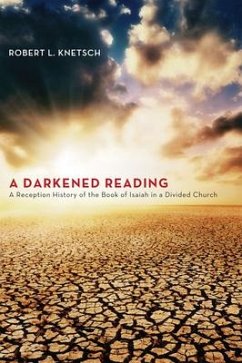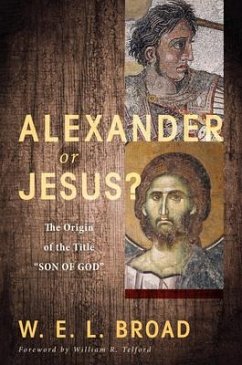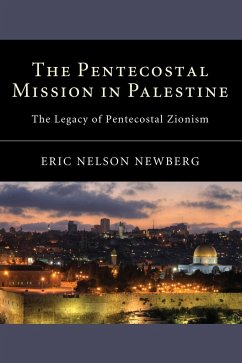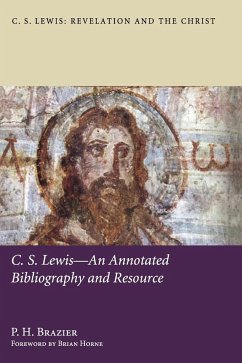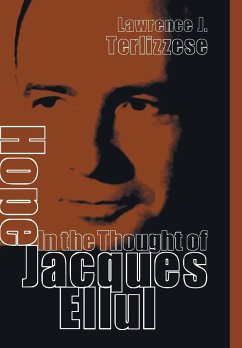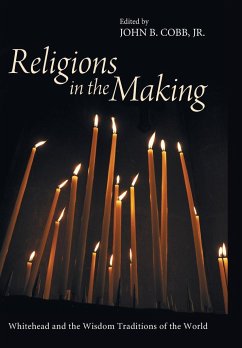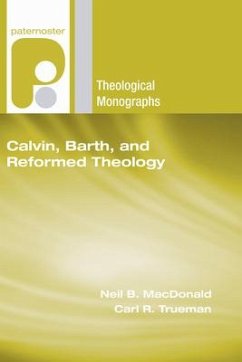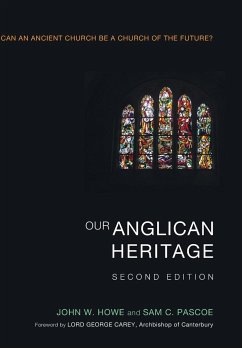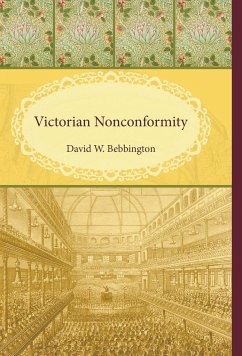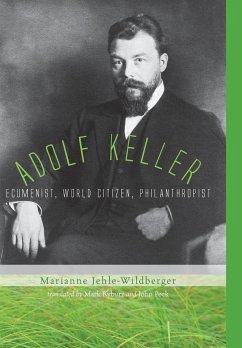
Adolf Keller
Ecumenist, World Citizen, Philanthropist
Übersetzer: Kyburz, Mark; Peck, John F

PAYBACK Punkte
24 °P sammeln!
The Swiss theologian Adolf Keller was the leading ecumenist on the European continent between the two world wars. In this book the historian Marianne Jehle-Wildberger delineates his life and its achievements. Based on research in forty archives in Europe and the United States, a picture emerges that shows a wonderful man who was a personal friend oft Karl Barth, C. G. Jung, Thomas Mann, and Albert Schweitzer--and thus who was influenced by the spiritual tendencies of the twentieth century. Keller cooperated closely with the National Council of Churches. His Central Bureau of Relief in Geneva (...
The Swiss theologian Adolf Keller was the leading ecumenist on the European continent between the two world wars. In this book the historian Marianne Jehle-Wildberger delineates his life and its achievements. Based on research in forty archives in Europe and the United States, a picture emerges that shows a wonderful man who was a personal friend oft Karl Barth, C. G. Jung, Thomas Mann, and Albert Schweitzer--and thus who was influenced by the spiritual tendencies of the twentieth century. Keller cooperated closely with the National Council of Churches. His Central Bureau of Relief in Geneva (Inter-Church Aid) was supported by American churches. His lectures at Princeton Theological Seminary on ""Religion and Revolution"" (1933)--in which he was one of the first commentators to denounce National Socialism in Germany--set a new standard of political discussion and are unsurpassed. Marianne Jehle-Wildbergers' book is an important contribution to twentieth-century church history and to the history of the twentieth century in general.





